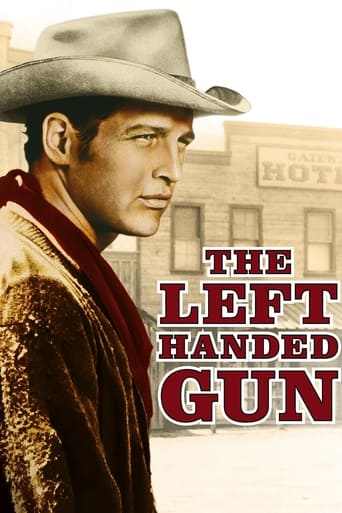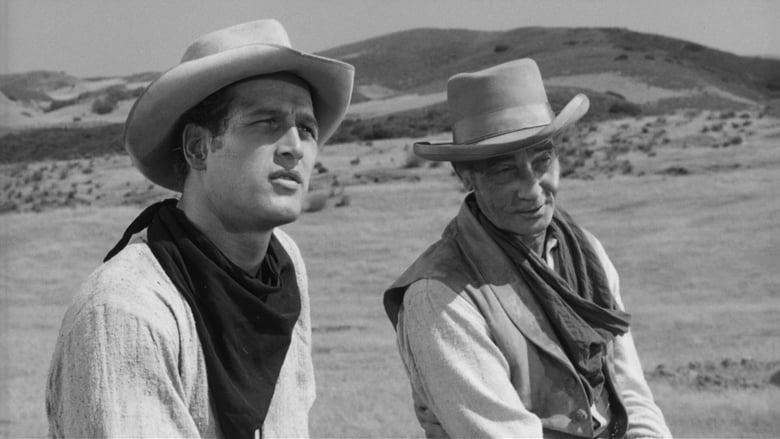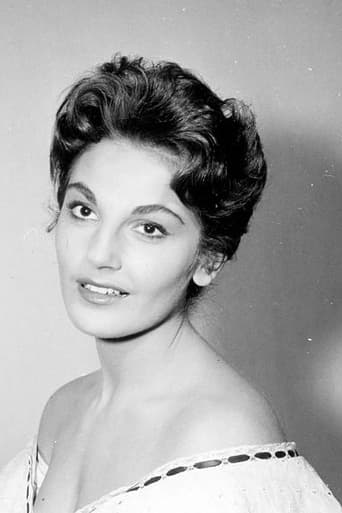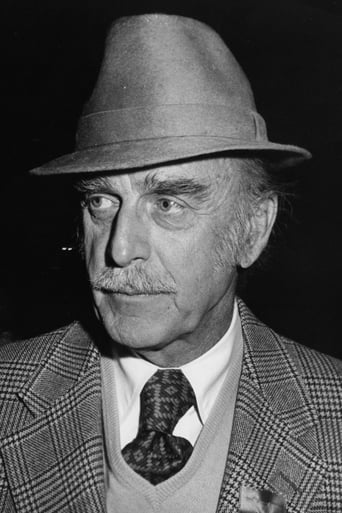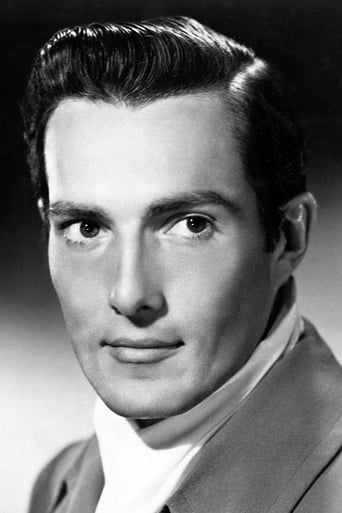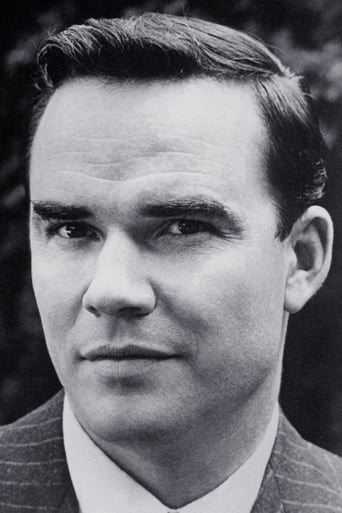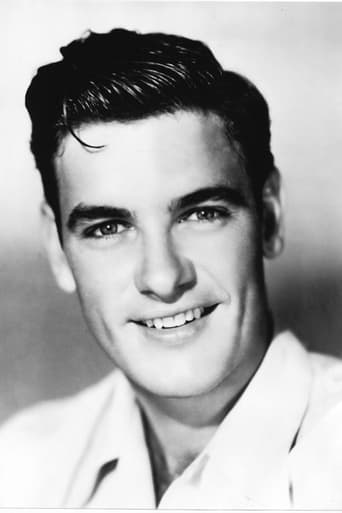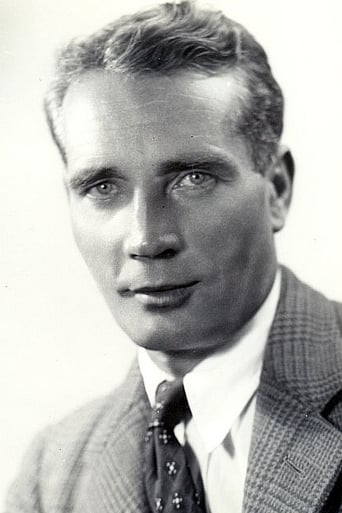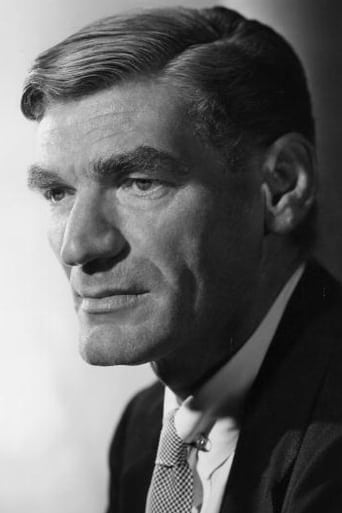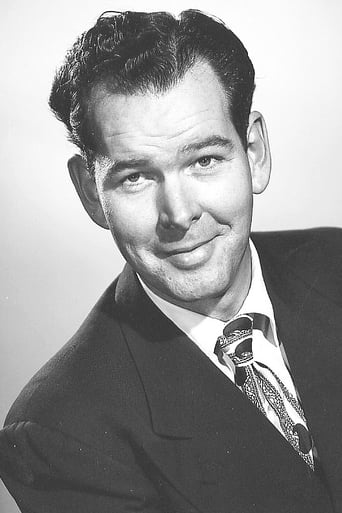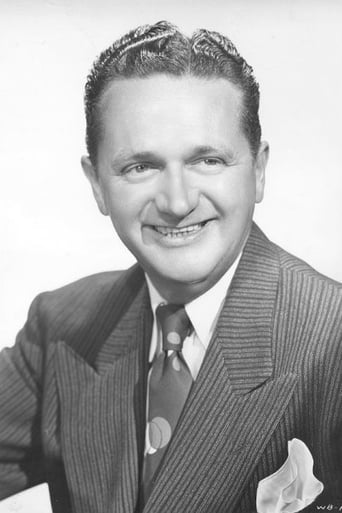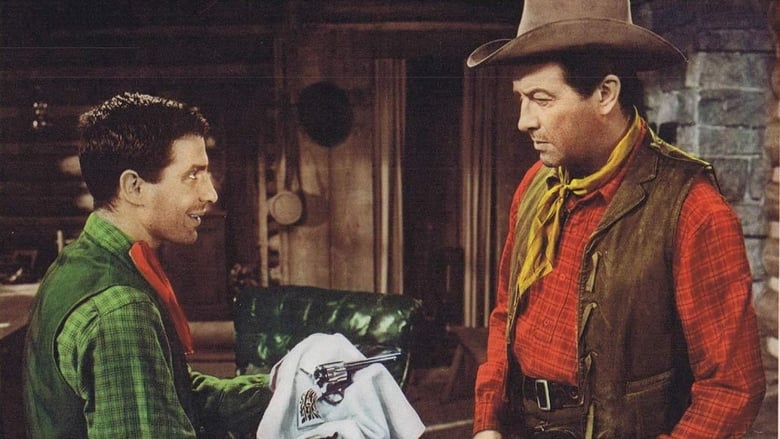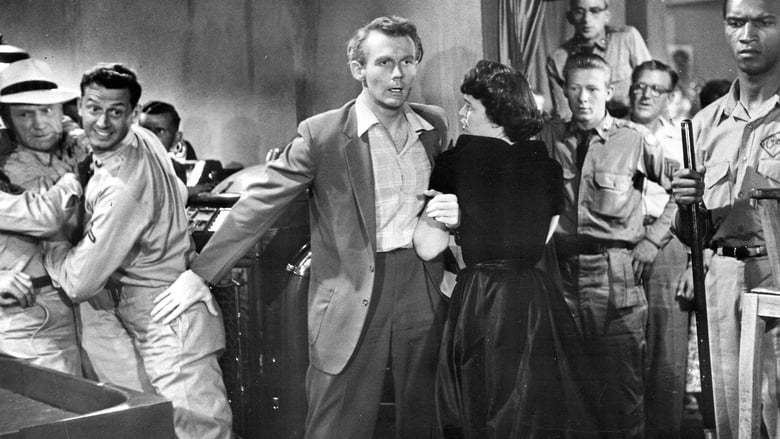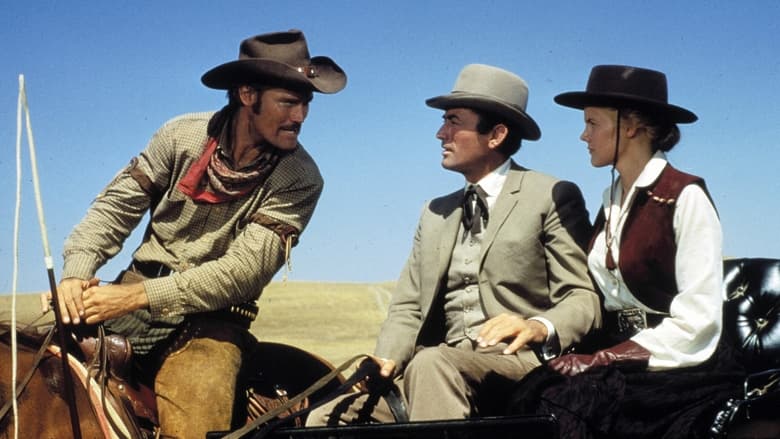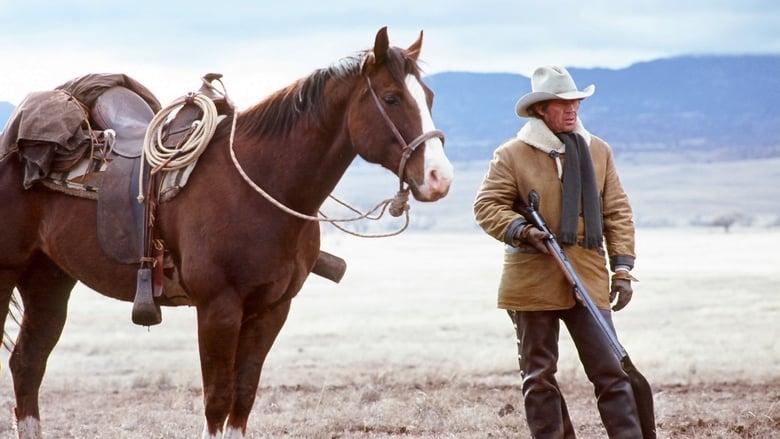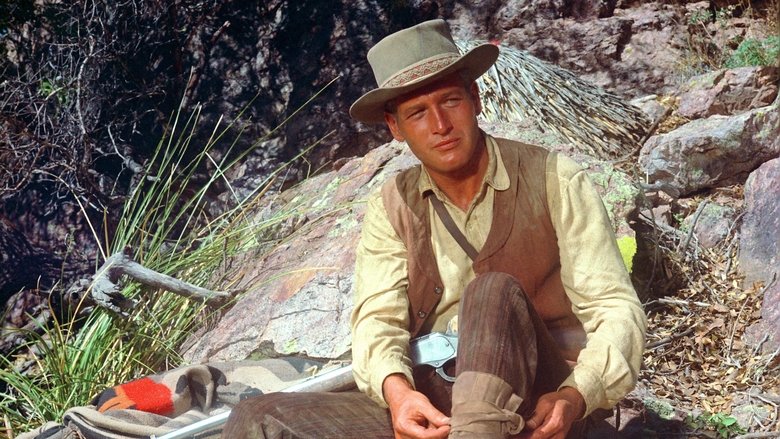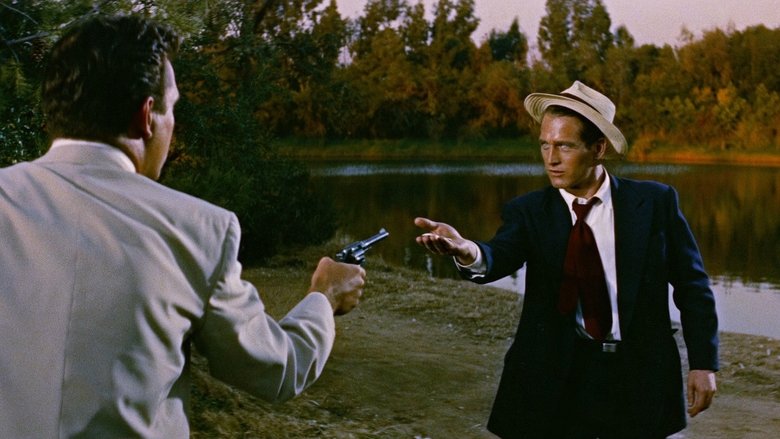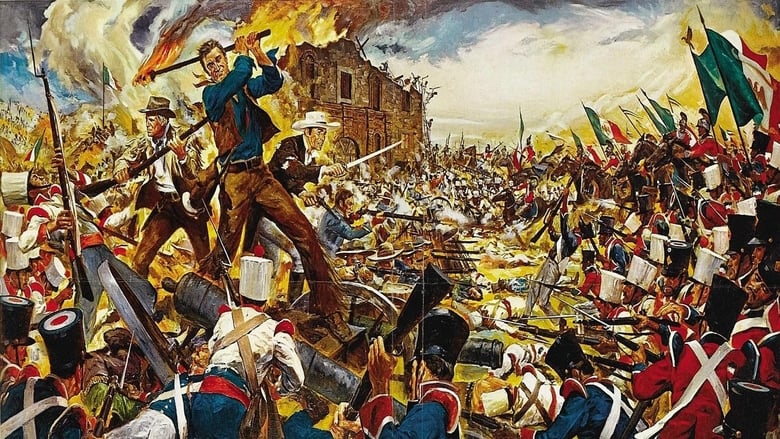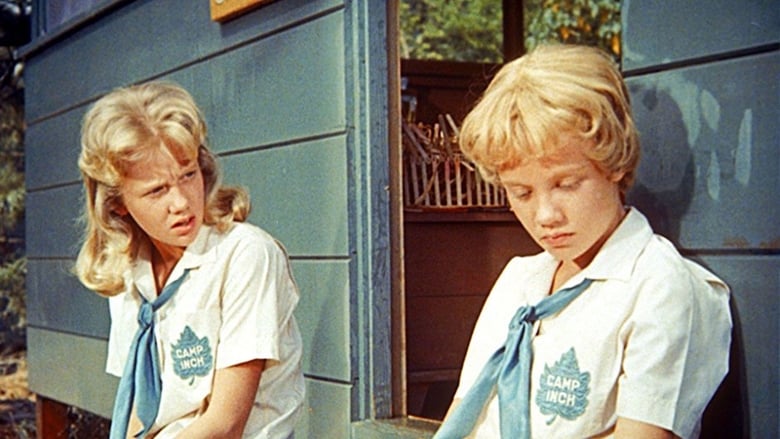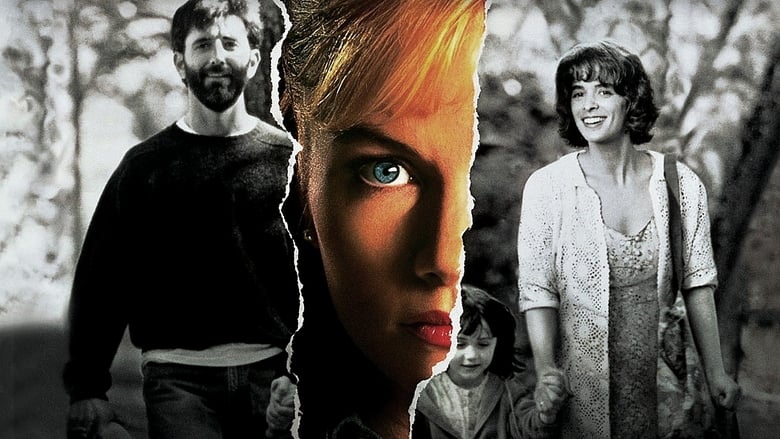When a crooked sheriff murders his employer, William "Billy the Kid" Bonney decides to avenge the death by killing the man responsible, throwing the lives of everyone around him into turmoil, and endangering the General Amnesty set up by Governor Wallace to bring peace to the New Mexico Territory.


Similar titles
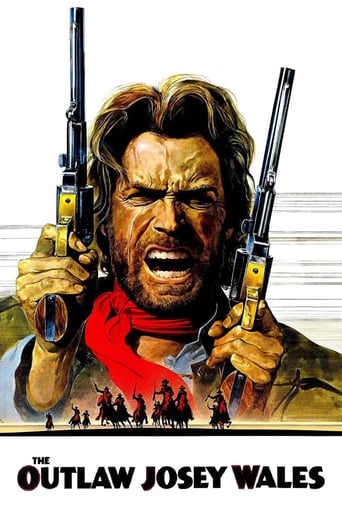
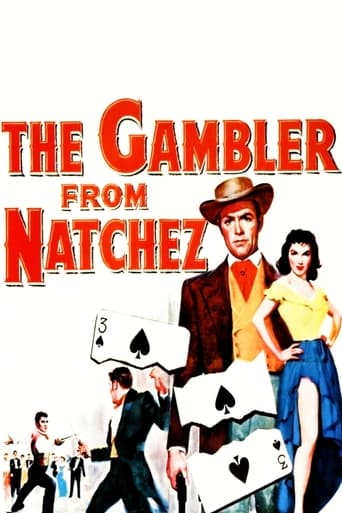
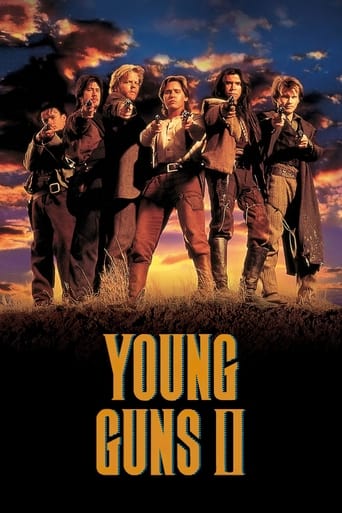
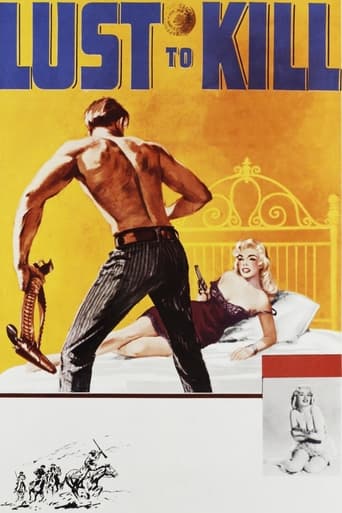
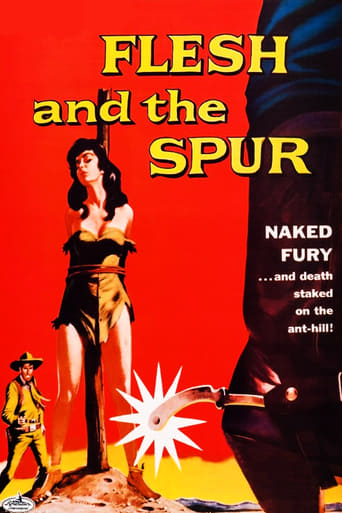
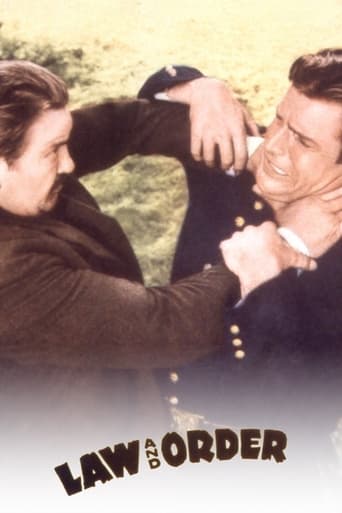
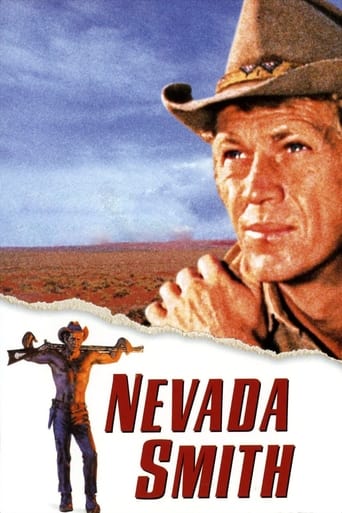
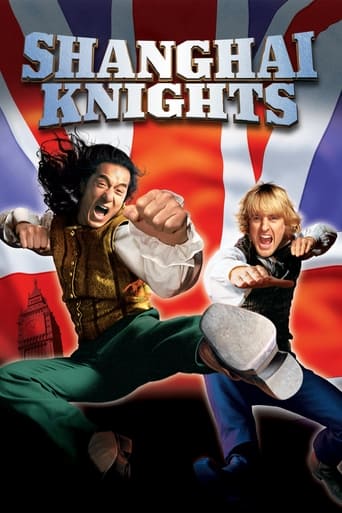
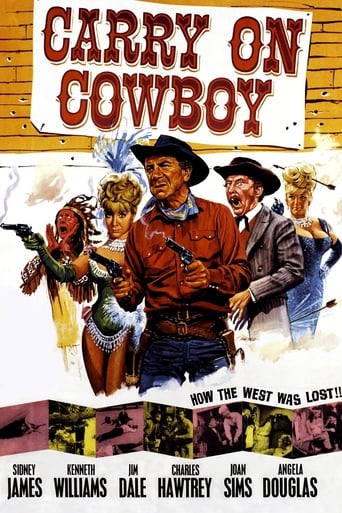
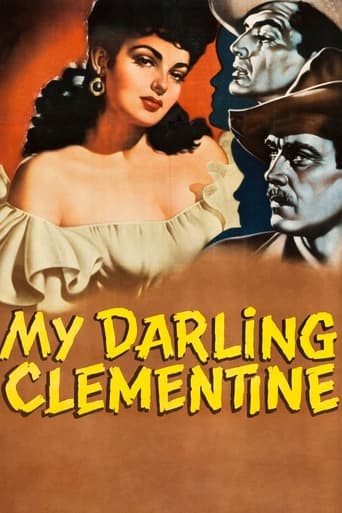
Reviews
I guess, if you really like westerns, you can give The Left Handed Gun a try. I'm not a die-hard fan of the genre, so the movie has to be really riveting for me to enjoy it, like Gunfight at the O.K. Corral, or the remake of 3:10 to Yuma. If you're like me, stick to the exciting ones, because The Left Handed Gun isn't one of them.Paul Newman plays Billy the Kid, a somewhat spastic murdering cowboy. He relies on his sidekicks when he's in a jam, enjoys his women when he's in the mood, and shoots his enemies when they're in his way. That's pretty much it. It's not particularly exciting, and if you like to see Paul Newman as a bad boy, there are countless others for you to choose from.To be fair, there is one scene towards the end (no spoilers, don't worry) that is very good. While many people die in this film, one person dies a slow death in this particular scene, and it's pretty sad. Paul Newman finally shows remorse over this death, and in this one scene he's allowed to act for the camera, as opposed to the rest of the film.
A western detailing revenge and its aftermath best describes this 1958 Paul Newman film.Newman starts off a shy, slow-witted young man who is taken in by a cattle raiser who is so kind to him. When the latter is shot down by a rival group, Newman vows revenge and in his process of eliminating the man's killers, he gains quite a reputation which shall ultimately lead to a tragic ending.The story is one of being drawn into further gun play by a variety of circumstances, amnesty gone terribly awry, church wedding shootings and becomes quite violent as the bodies begin to pile up.Revenge begets revenge here. Keep to the good book and remain a lord fearing bible carrying person is the theme here.
The notorious outlaw William Bonney, aka Billy the Kid, has been the subject of a number of films. Sam Peckinpah's "Pat Garrett and Billy the Kid" and Howard Hughes's "The Outlaw" are among the better-known ones. He also appears, although not as the main character, in Andrew V. McLaglen's "Chisum". Arthur Penn's "The Left Handed Gun" is a lesser- known treatment of the story; the title refers to the belief (probably incorrect) that Billy was left handed. The film starts with Billy's involvement in the Lincoln County War, a range war which took place in New Mexico in 1878. Billy is befriended and taken on as a ranch hand by a kindly cattle boss named Tunstall, who is later murdered by rival cattlemen in league with a corrupt local sheriff. Billy swears revenge and plans to hunt down and kill all the men responsible for his friend's death. His actions, however, jeopardise the territorial amnesty proclaimed by New Mexico governor Lew Wallace, and bring him into conflict with the local population and with his former friend Pat Garrett. A sub-plot involves a journalist named Moultrie who, much to Billy's disgust, sends romanticised and highly exaggerated material back East, leading to the creation of the "Billy the Kid legend". In the film Tunstall is referred to as 'The Englishman', even though he speaks with a Scottish accent and it is stated that he comes from Ayrshire. This is presumably a mistake on the part the characters rather than a goof by the film-makers and the scriptwriter Gore Vidal; like many foreigners, Billy and the other Americans make the common mistake of confusing "English" with "British". In reality John Henry Tunstall actually was an Englishman, from London, and far from being elderly was only 25 at the time of his death. The idea of portraying him as an older father-figure to Billy may have influenced a similar treatment of the character in "Chisum". Penn, who died two years ago, is perhaps best remembered today for his "Bonnie and Clyde", the story of two other notorious outlaws. That film, made in 1967, caught the Zeitgeist of the late sixties, portraying its protagonists as misunderstood young people, essentially as hippies born before their time. Likewise, "The Left Handed Gun" portrays Billy the Kid as a psychologically troubled teenager, a "rebel without a cause" transferred from the 1950s to the 1870s. Indeed, the role was originally intended for James Dean, the original "rebel without a cause", and only went to Paul Newman after Dean's death in a car crash. The film also looks forward to the sixties in another way. It is an early example of a revisionist Western which seeks to get away from the "heroic myth" of the Old West and to present a more morally nuanced view of the period, in the same way as the makers of films noirs were bringing a note of moral ambiguity to modern crime dramas. In many earlier Westerns Billy would have been presented as a heroic avenger, but not here. The men who murder Tunstall may be evil and corrupt, but that does not mean that Billy is justified in taking the law into his own hands to seek revenge. By doing so, he only brings about tragedy for himself and others. Penn may have chosen to make the film in black-and- white, at a time when colour was increasingly the norm in the Western genre, to suggest a link with film noir. (William Wyler's "The Big Country", another Western from 1958, also seeks to blur the once-sharp distinction between heroes and villains, but Wyler's film is in full colour). In one sense, Newman was miscast as Billy; he would have been 33 in 1958, whereas his character was only 18 during the Lincoln County War and died at the age of 21. This was not Newman's best performance of his career- indeed, it was not his best performance of 1958. He gave better ones in two better films made in the same year, "The Long Hot Summer" and "Cat on a Hot Tin Roof". Nevertheless, he shows plenty of the charisma which made him such an exciting new star in the late fifties, despite his inauspicious start to his film career in "The Silver Chalice", and is convincing enough as the troubled young man to make us overlook the discrepancy in age between actor and character. The film was a box-office flop in the United States, which is perhaps not surprising. It is rather dull and downbeat compared to many Westerns of the period, the narrative can at times be difficult to follow and few, if any, of the supporting performances have anything like the intensity of Newman's. It has occasional points of interest, but is not a film in the sane class as "Bonnie and Clyde", and certainly not in the same class as "The Big Country". 5/10
When the film began, I suddenly had very low hopes for it. That's because the opening tune was simply horrible--with bad lyrics and a cheesy quality that made me cringe. However, I assumed it would get a lot better. After all, almost anything Paul Newman did is well worth seeing (other than his first film, "The Silver Chalice"--which Newman himself often mocked when asked about it). Well, while this isn't as bad as "The Silver Chalice", it is pretty bad.The biggest problem with the film is the direction. It seems that instead of making a simple western, the actors had been told to act as if they were at a workshop given by The Actor's Studio--and each of them was trying to out-emote each other. Imagine a film where EVERYONE is method acting and all trying to do it more broadly and noticeably than the last guy! Subtle, it was not--in fact, it was seriously funny at times. There were just so many scenes that were overacted horribly. I especially loved the death scenes and when folks got mad because they REALLY died spectacularly or got insanely angry! I especially loved Pat Garrett's (John Dehner) reactions in the film--they were downright funny.The other big problem is that as a historical piece, the film bore no resemblance to reality! Like a lot of bad westerns, this one purports to be about an infamous western bandit (in this case, Billy the Kid) but isn't his life in the least. And, combined with the crap acting and direction, the film is just a complete mess. So, unless you like bad films or have no taste at all, steer clear of this one. Even with Newman, it's a dog.
